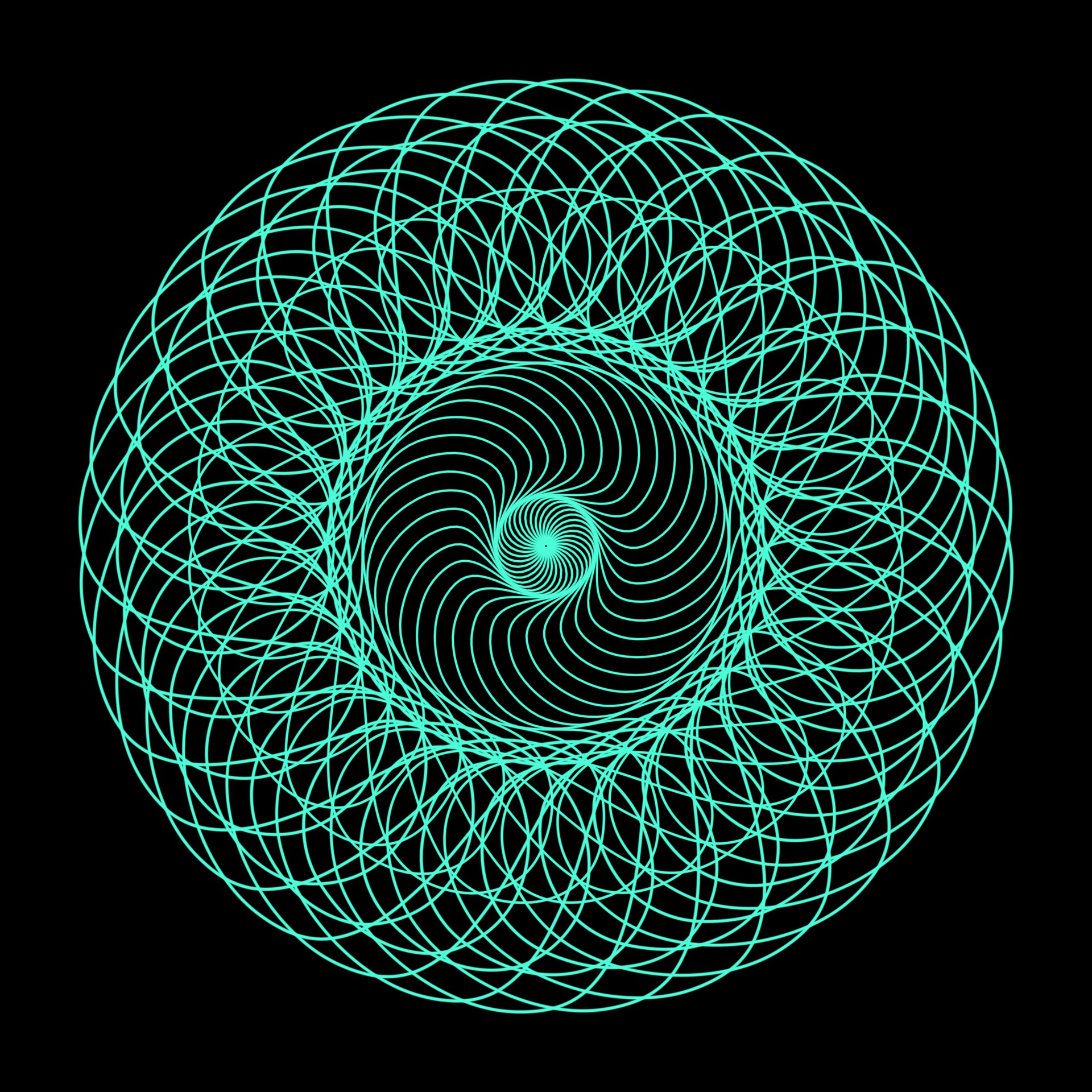There are many ways to treat agricultural water efficiently, including different types of livestock water treatment. They are UV sterilization, ion exchange, and carbon filtration. UV sterilization involves using ultraviolet rays of specific wavelengths to destroy microorganisms in the treated water. In ion-exchange, materials with a positive charge (such as inorganic or organic compounds) are exchanged for a negative charge. Carbon filtration is the reverse of ion exchange in which certain minerals that are unwanted in other processes, like nitrogen, are omitted. Other types of livestock-water treatment include bio purification to recycle wastewater into plant fertilizer and hydroboration to promote plant growth by replacing unwanted nitrates in agricultural runoff.
In order to have the most suitable livestock water treatment, you need to be sure that it is designed to meet both industry needs and standards. Even the most basic of filtration units can make a huge difference in the livestock health and welfare of your animals.


